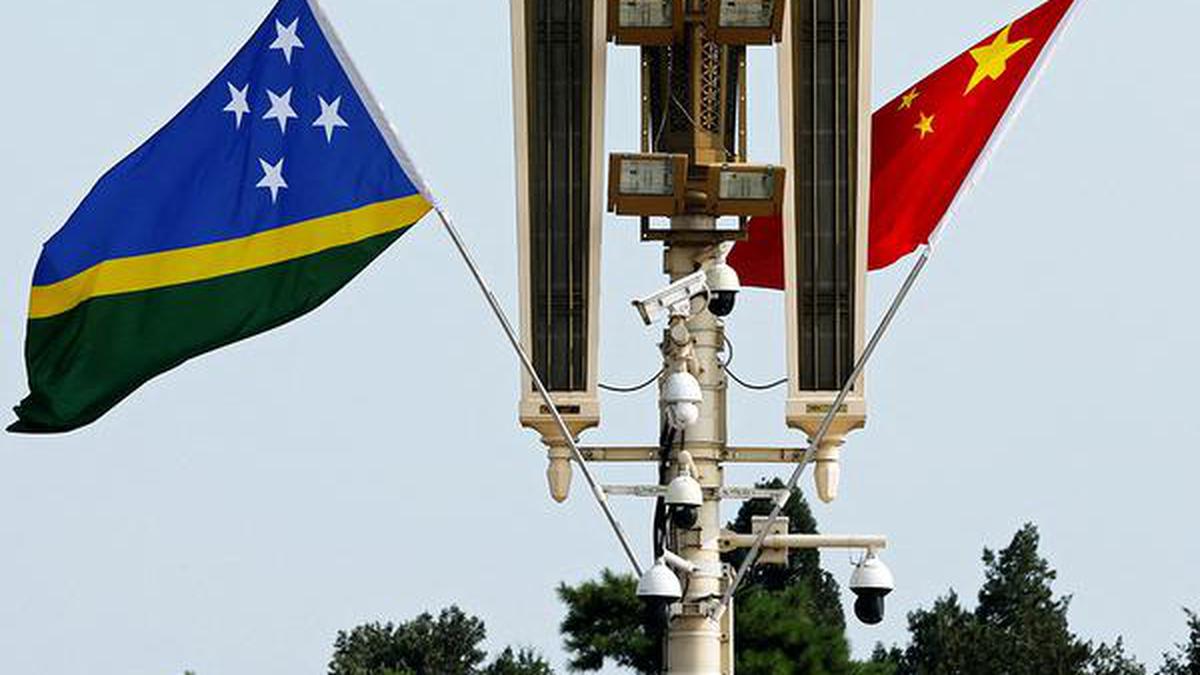Solomon Islanders will head to the polls this week, voting in an election that promises to bolster or blunt China’s regional ambitions, with security consequences that will ripple far beyond the Pacific nation’s palm-fringed shores.
The archipelago, one of the world’s least-developed countries, is the unlikely focal point of a diplomatic scramble pitting China against Western rivals.

Solomon Islands has veered into China’s orbit under Prime Minister Manasseh Sogavare, who inked a security pact with Beijing in 2022.
Mr. Sogavare, the nation’s dominant political figure of the past 20 years — holding the top office on four separate occasions since 2000 — has vowed to deepen these bonds if re-elected. His challengers, meanwhile, are deeply sceptical of Beijing’s influence in the archipelago.
“Everyone knows this election is going to be very closely watched by the United States, by China, and by other Pacific island countries,” said Solomon Islands expert Anouk Ride from Australian National University. “It feels like the pressure is on.”
The former British colony gained independence in 1978, establishing diplomatic relations with Taiwan as one of its earliest foreign partners.
But those long-standing ties were abruptly junked in 2019, when a freshly installed Mr. Sogavare gave his full-throated backing to Beijing’s “One China” stance.
Chinese aid
A wave of Chinese aid and investment followed, including tens of millions of dollars for a state-of-the-art medical centre and a 10,000-seat athletics stadium. In 2022, Solomon Islands signed a surprise security pact with Beijing, catching traditional partners Australia and the U.S. off guard.
Although the final details are murky, the Western allies fear the pact is the first step towards a permanent Chinese military base in the South Pacific — something that could be a game-changer for security in the region.








